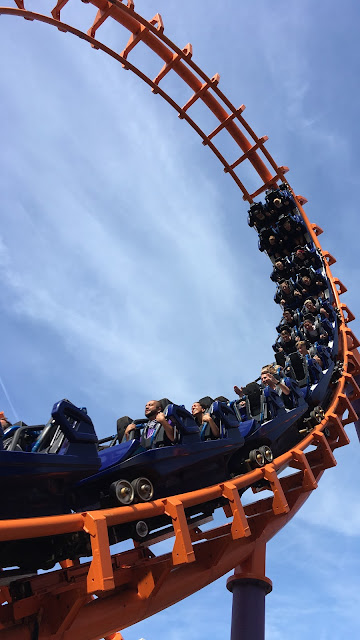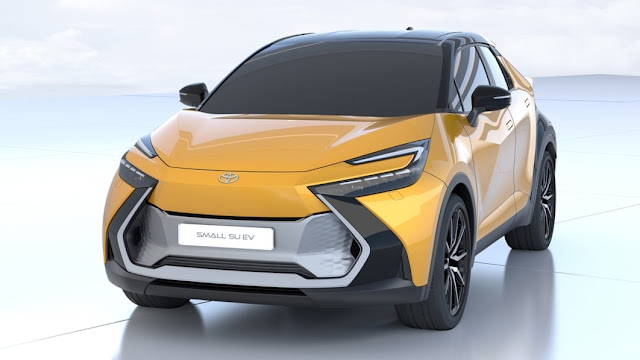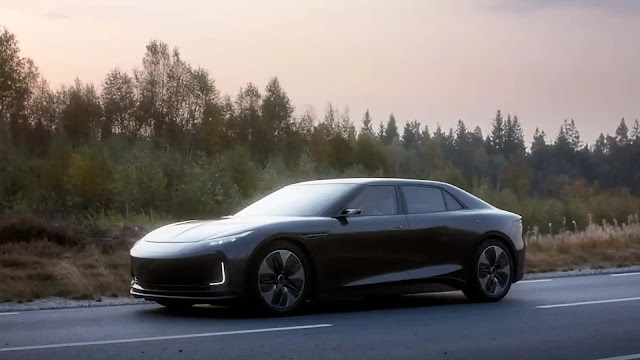European Car Brands in 20-Year Roller Coaster Ride –
Hold onto your steering wheels, folks, because the European car market has been on a wild ride over the last couple of decades. Thanks to the rise of Teslas and a bunch of newcomers from China, the car industry in Europe has been thrown into a blender and set to 'high.'
Between 2003 and 2023, it's been like watching a reality TV show where the big-shot brands have had their moments of fame and flops. Remember those seven major players: Fiat from Italy (because Italians know how to make things stylish, even cars); Citroen, Peugeot, and Renault from France (because what's more French than a car that parks itself while sipping a glass of Bordeaux); Volkswagen and Opel from Germany (they basically have a PhD in engineering), and Ford from the UK (because why not?).
Photo by Chris de Tempe on Unsplash
In the early 2000s, these brands collectively ruled the road with almost 58% of new car registrations in Europe. They were like the cool kids in the carpool lane, waving at the Japanese and Korean brands with a smirk that said, "Yeah, we've got history." Opel was owning the autobahn in Germany with a 10% market share, while Renault was having a French fiesta with 27% in France. Ah, those were the days when Korean cars were struggling to even spell "European consumer."
Then came the SUV wave, probably led by a charismatic Nissan Qashqai who convinced everyone that driving tall was the new cool. Suddenly, Hyundai and Kia were building cars that Czech and Slovak drivers couldn't resist. By 2013, the Big 7 saw their market share shrink like a poorly fitted turtleneck, dropping by almost 9 points. It was like watching a school of fish changing direction, except in this case, the fish were cars and the ocean was the European asphalt.
But wait, there's one brand that didn't get the memo about shrinking: Volkswagen, the German champ who not only maintained but increased its market share. Probably because they had a secret stash of sausages and bratwurst to lure customers. Fast forward to 2023, and it seems some of our favorite brands hit rock bottom – Fiat, Citroen, Opel/Vauxhall, Ford, and Peugeot were down in the dumps. But let's give Renault a pat on the back for a 0.2-point gain as if it were a student who finally improved their grades from an all-time low.
In the midst of this automotive soap opera, there were some winners who managed to dodge the potholes. German premium brands strutted their stuff, Toyota showed us how they "hybrid-ed" their way to success, and Hyundai and Kia cruised in with cars that Europeans just couldn't say "nein" to. But the real star of the show? Tesla, the newcomer waltzed in with a fancy electric dance, showing the old-timers that flexibility is the name of the game.
So there you have it, folks – a 20-year saga of car brand drama, twists, turns, and a dash of German engineering magic. Will the struggling brands take a page from this playbook? Only time will tell. Until then, keep your seatbelts fastened and your sense of humor revved up for the next chapter in the ever-evolving world of European cars. And remember, it's not just a car; it's a character in this automotive sitcom.




Comments